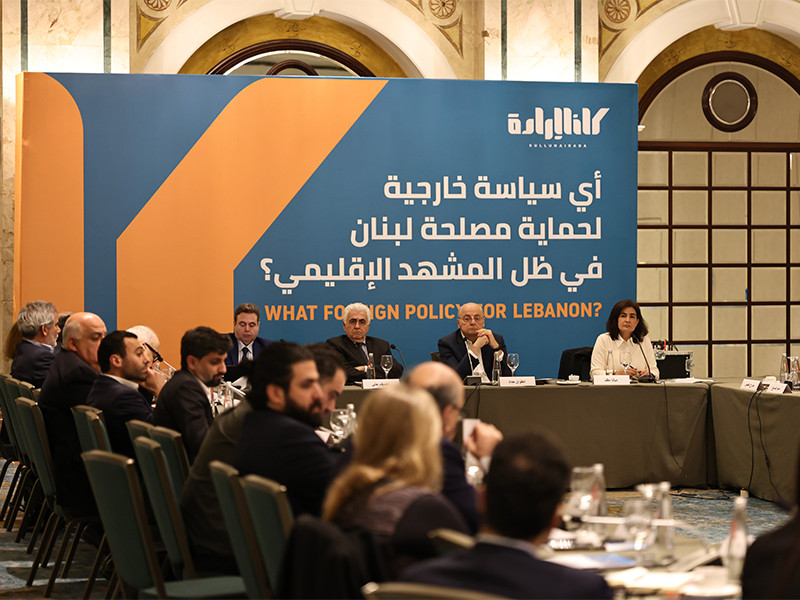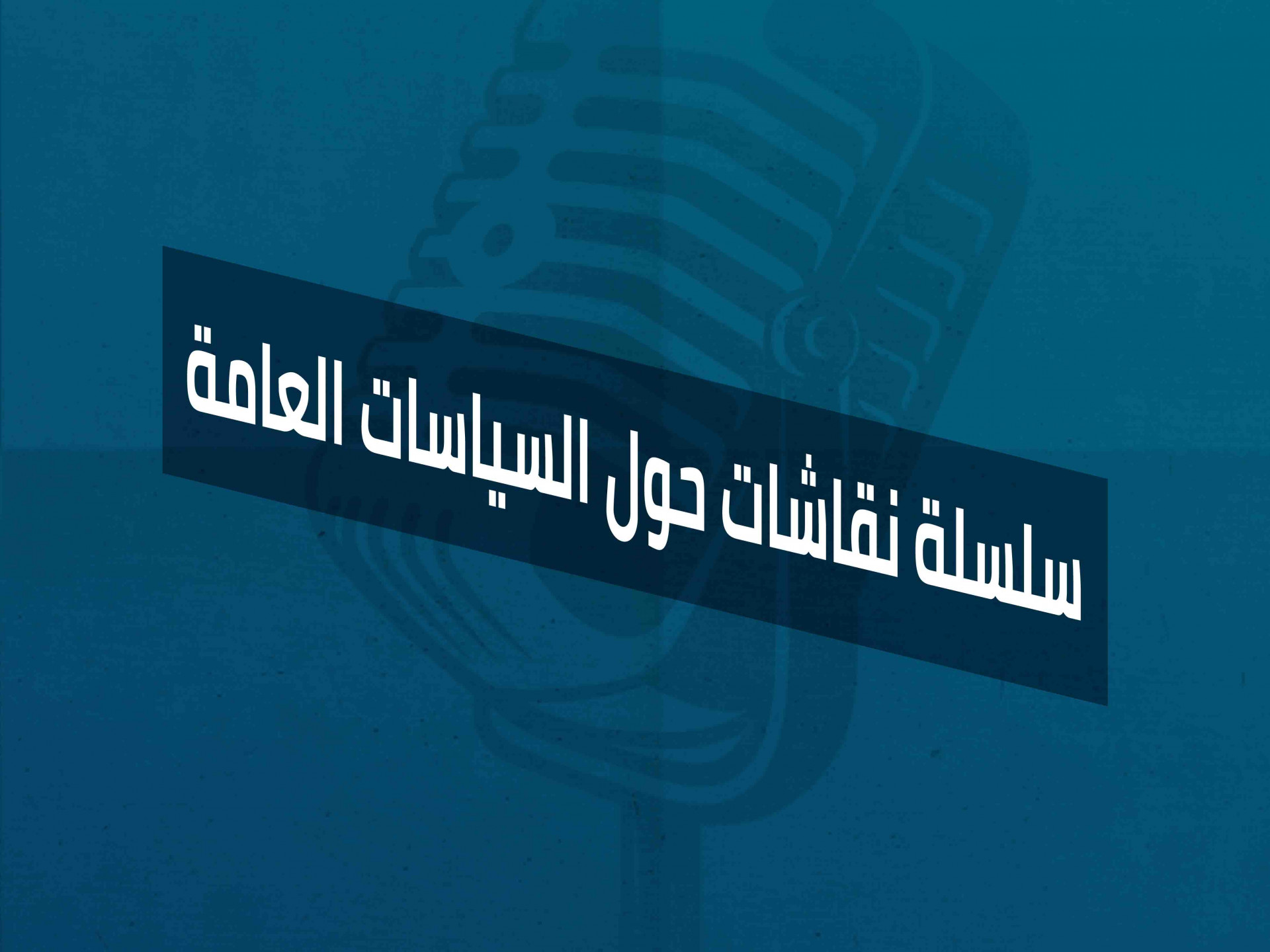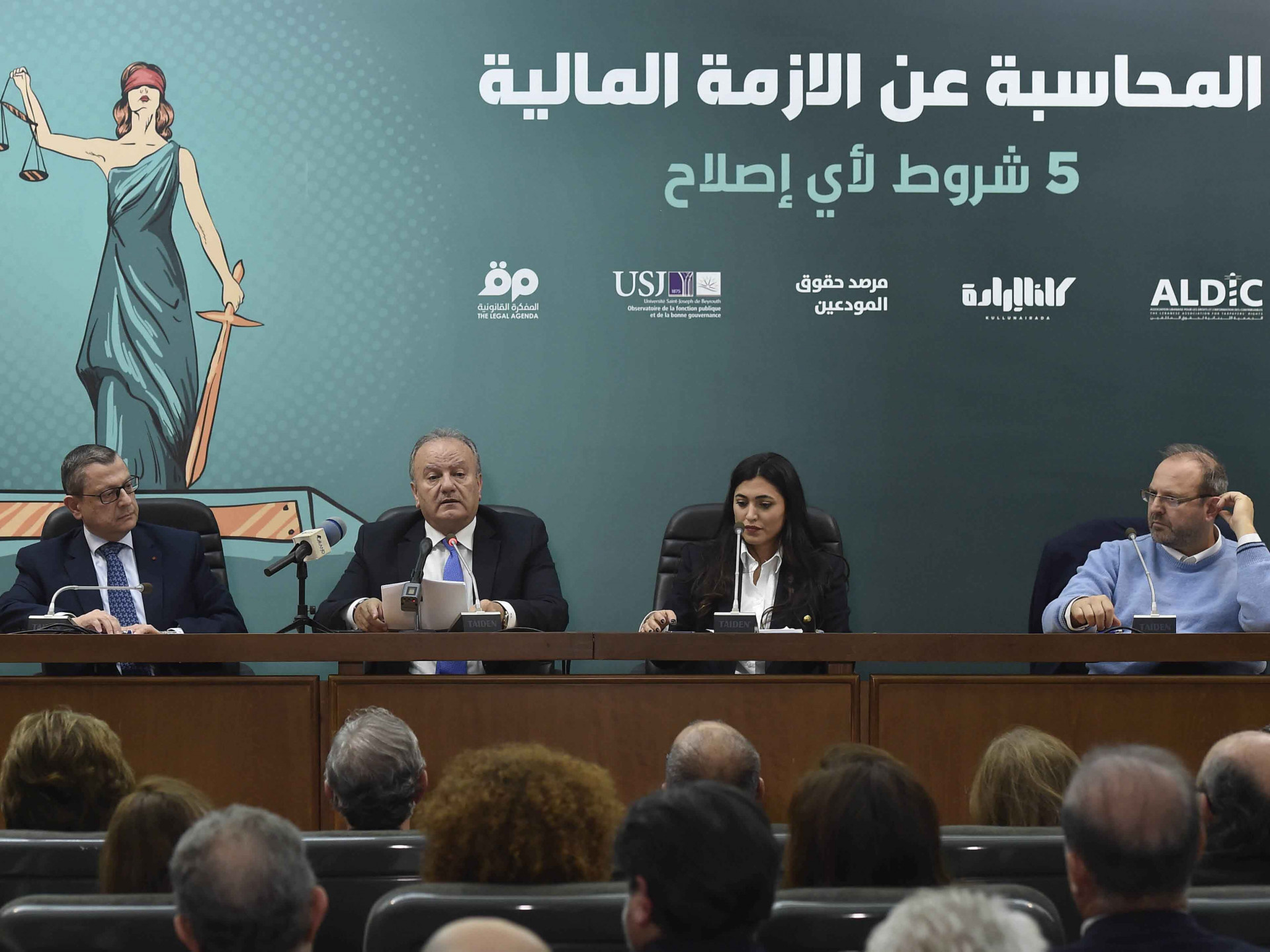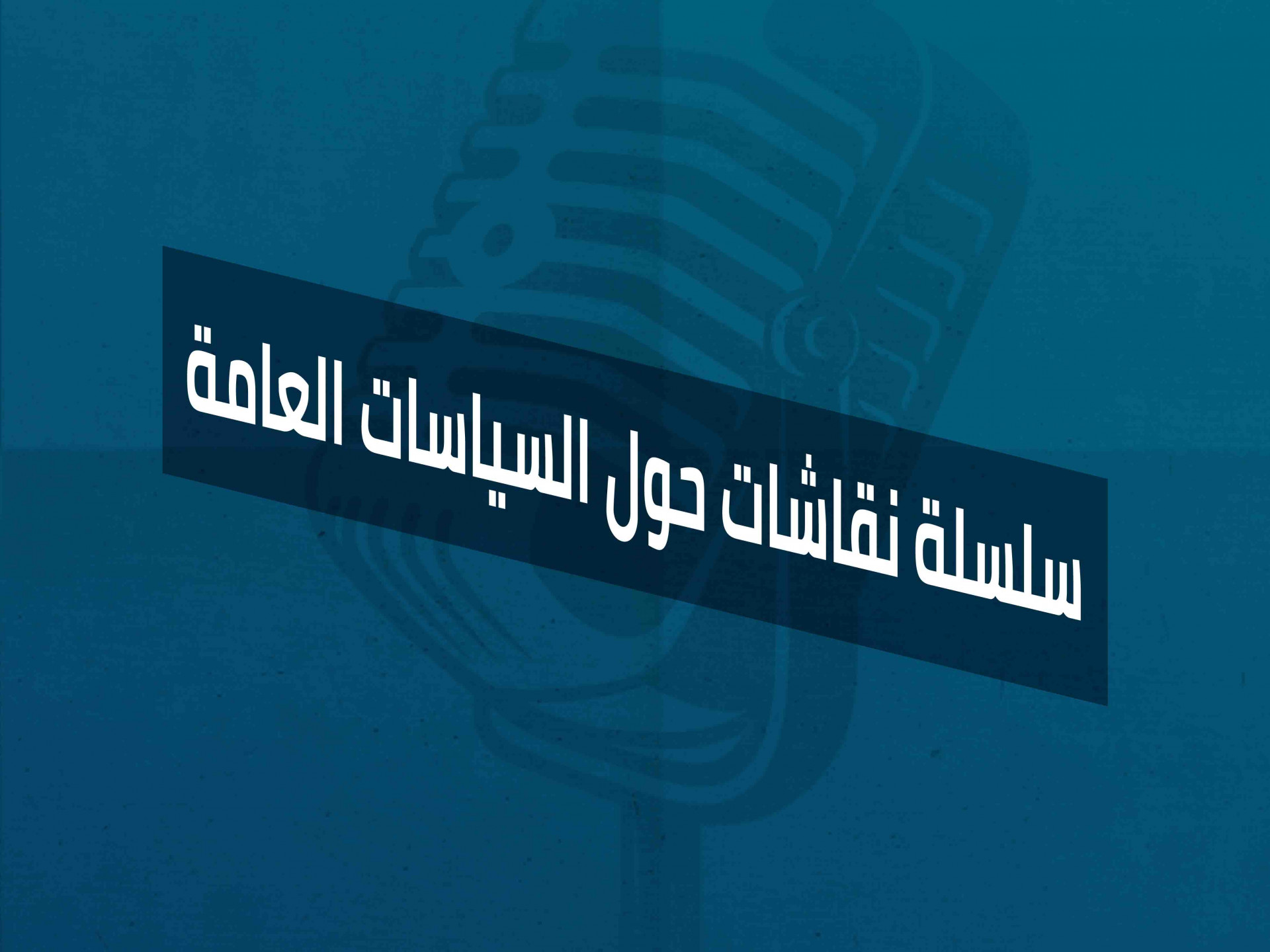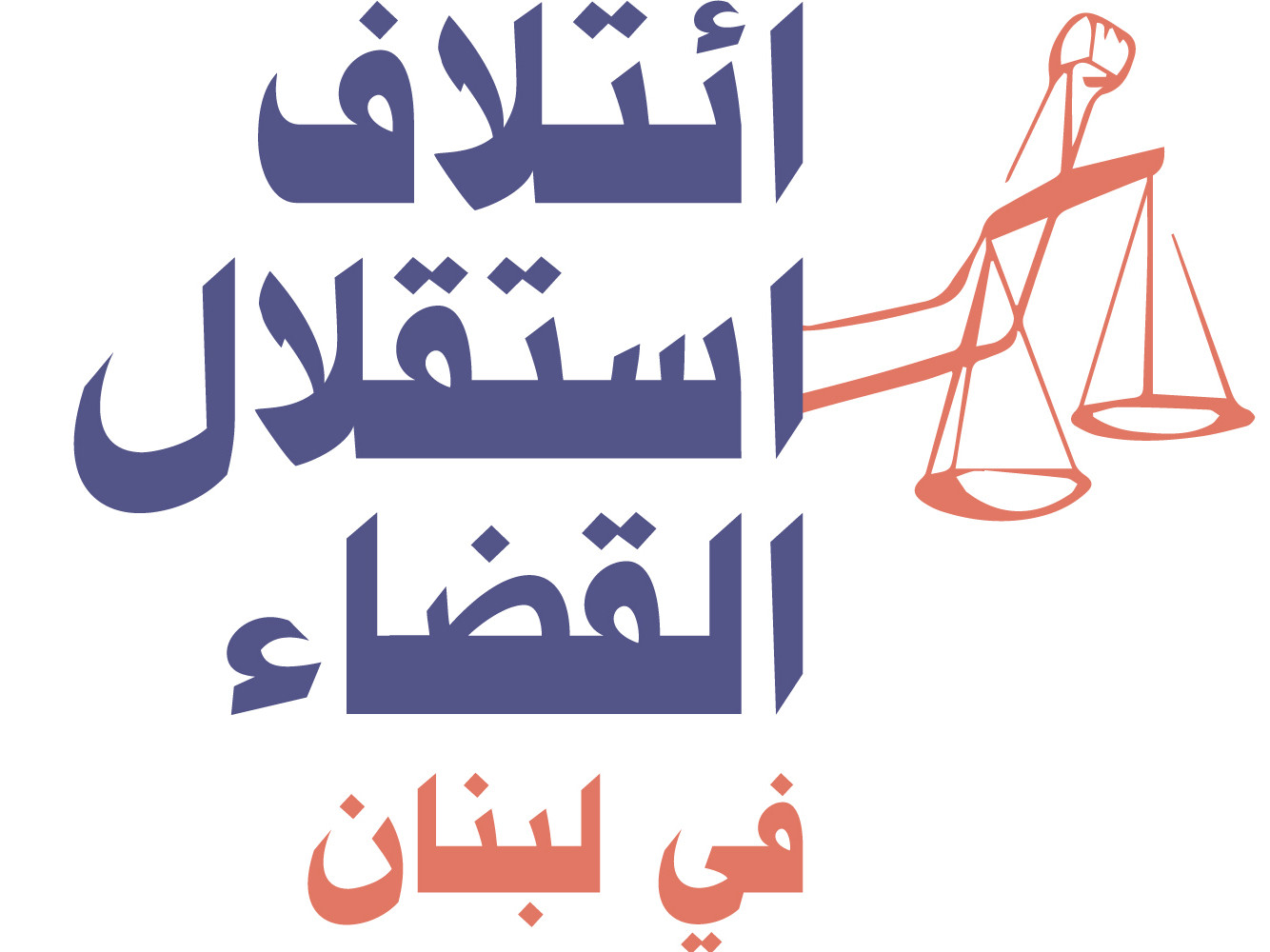The discussion comes at a time when the Middle East is facing a major turning point, with the continuation of the Israeli war on Gaza that followed the Hamas October 7 operation, and the dangerously incessant regional military escalation.
In Lebanon, the escalation continues in the absence of any political vision for dealing with the crisis, amidst increased risks – and Israeli threats- of sliding towards an all-out war.
Current events have further exposed the disintegration of the state and the voluntary resignation of political authority from its role. There are no clear foundations for Lebanese foreign policy today and no diplomatic action to ensure the security and safety of the Lebanese or defend national interest. This total state absence is a direct result of Hezbollah’s control over strategic political decisions, as acknowledged by the Lebanese Prime Minister himself, in favor of its regional role and alliances. This constitutes an extension of decades of proxy wars, making Lebanon a prisoner of regional interests at the expense of its national interest.
This reality poses serious challenges across two fronts: The first is the short-term objective of confronting Israeli crimes and threats. The second relates to determining Lebanon’s position in the post-war political landscape, which invariably also includes the impact of possible post-war arrangements on the internal political dynamics.
The discussion centered around foreign policy objectives that allow safeguarding Lebanon’s national interest, and diplomatic avenues available to ensure the security and safety of the Lebanese people. It also focused on the role of the forces of the opposition in contributing to international action in defense of Lebanon’s interest and stability.
SPEAKERS’ INTERVENTIONS
Karim Bitar, Chairman of the board of directors of Kulluna Irada and university professor of international relations, stressed that political forces should commit to restoring the state and its institutions, while standing in defiance of the coup against the Lebanese constitution. He pointed out to the necessity of neutralizing Lebanon vis a vis the ongoing proxy wars. He also stressed the importance of leveraging Lebanese soft power, as a key lever of diplomacy, by tapping into Lebanon’s cultural capital and its significant diaspora network.
Nassif Hitti, Former Lebanese Foreign Minister and university professor spoke on the determinants of national interest in foreign policy. He called for setting national foreign policy priorities based on a comprehensive internal consensus. He also stressed the importance of strengthening Lebanese diplomacy to defend and promote national interests.
Paul Salem, President and Executive Director of the Middle East Institute in Washington, and member of Kulluna Irada, provided an analysis of possible post-war scenarios and their impact on Lebanon. He highlighted that effective foreign policy requires the existence of a sovereign state and institutions. With these absent today, each party seeks to promote its proper foreign policy objectives, reflecting the utter collapse of the state. He concluded that prioritizing Lebanon's political and economic interests necessitates better and closer relations with Arab countries, a peer relationship with Iran, and openness to the Western world.
Antoine Haddad, academic and public policy researcher, spoke on the impact of possible scenarios on the internal political scene. He pointed out that the highest priority for Lebanon and the Lebanese at this stage is to prevent the current war from expanding into an open war. He warned that any attempt to link this effort to a deal related to the local power play in Lebanon must be confronted, as such an approach may keep the prospects of war and destruction at bay for a while, but it will leave Lebanon in a state of stagnation and collapse for several years to come.
The session was moderated by Journalist Diana Moukaled.

